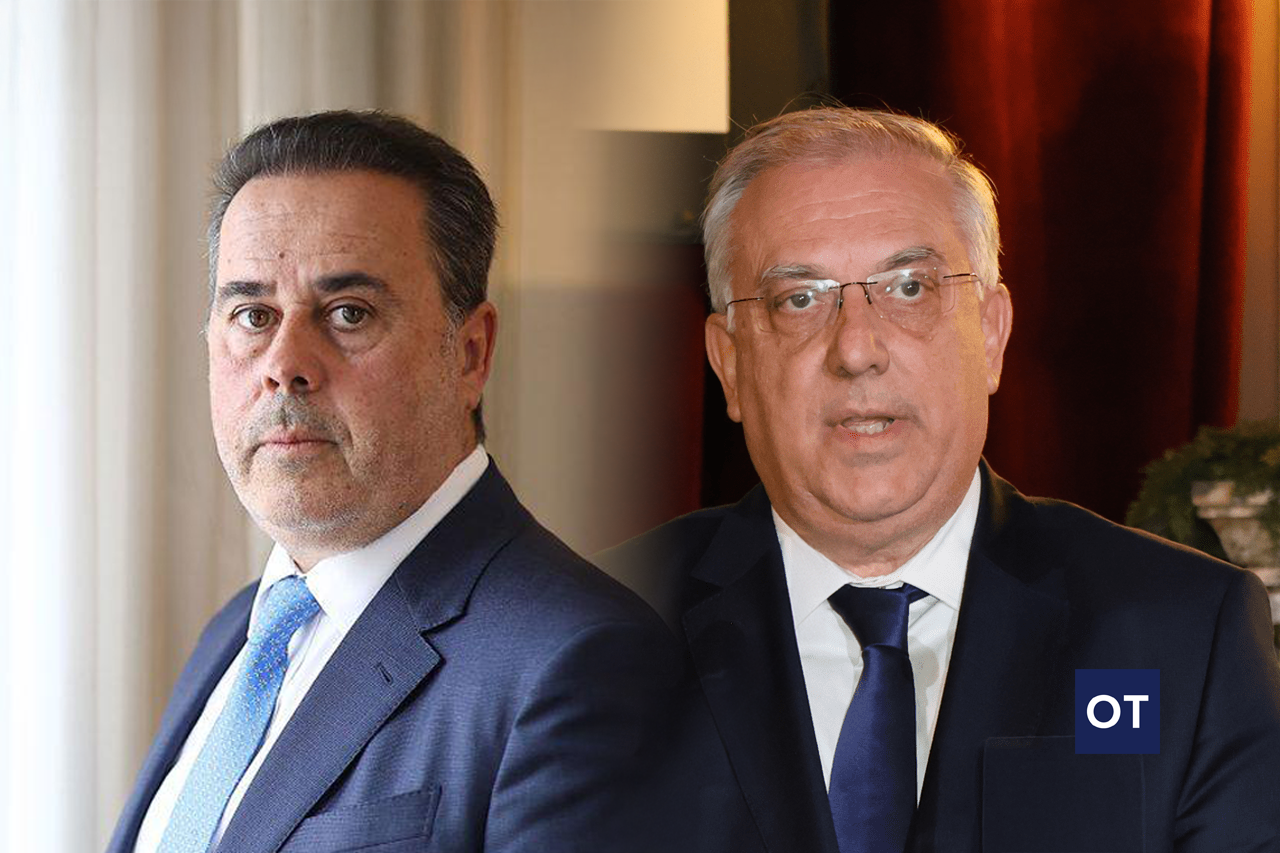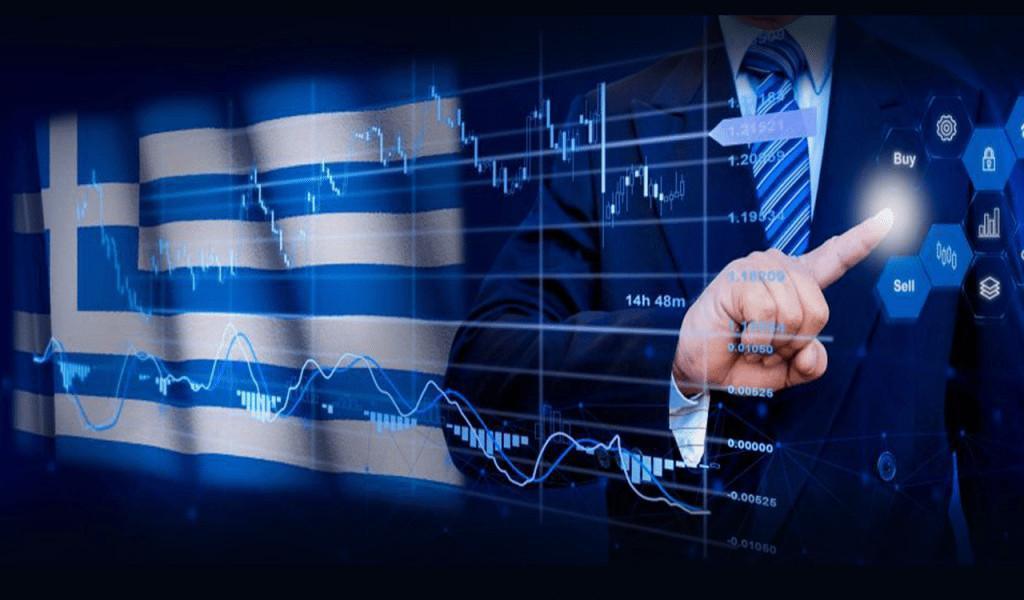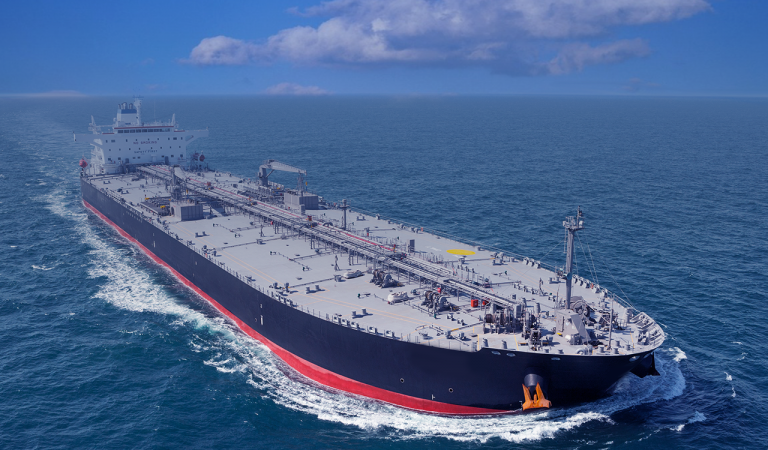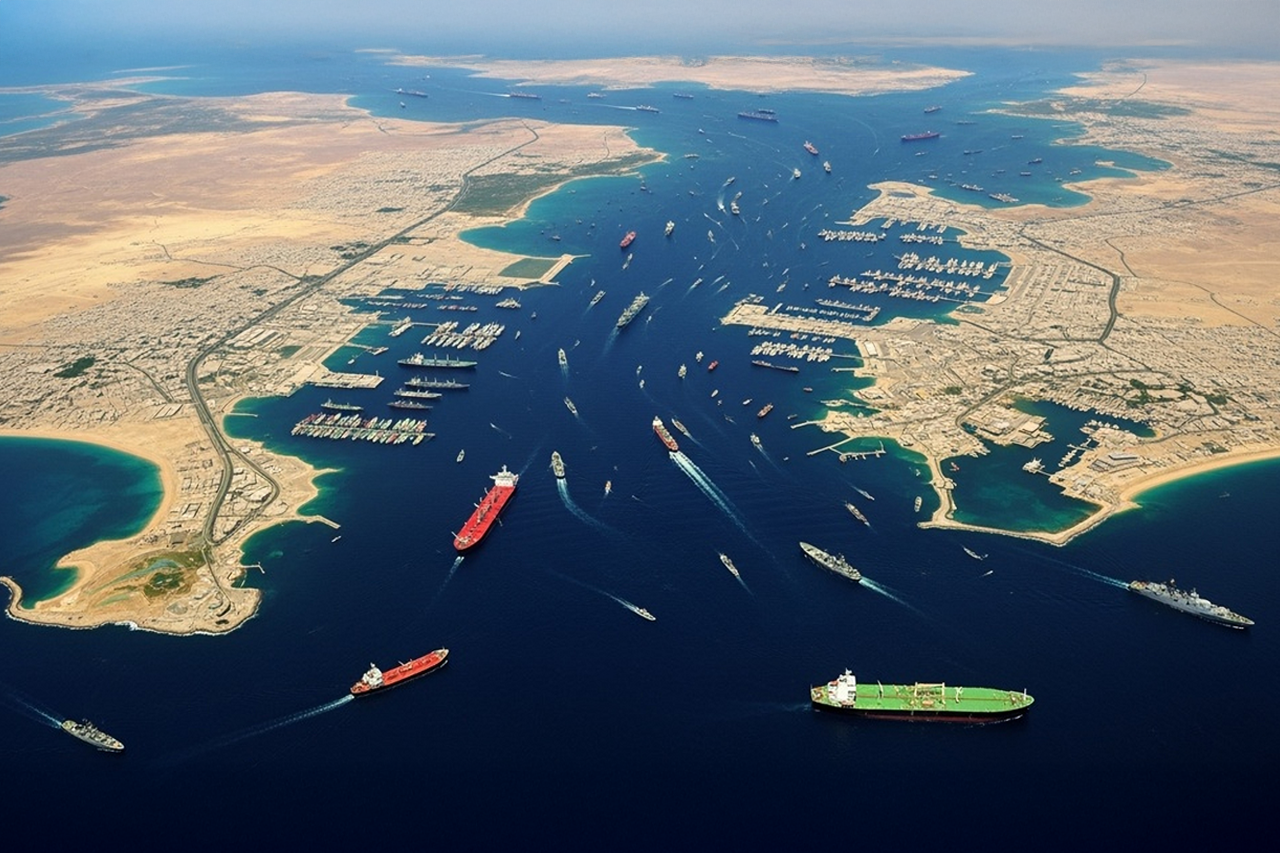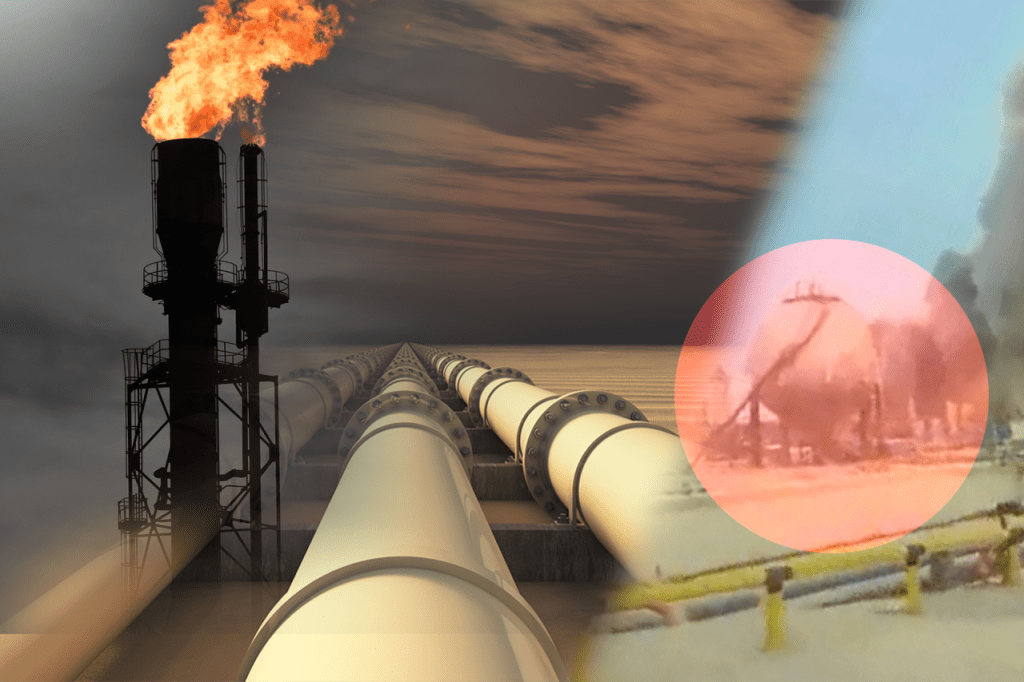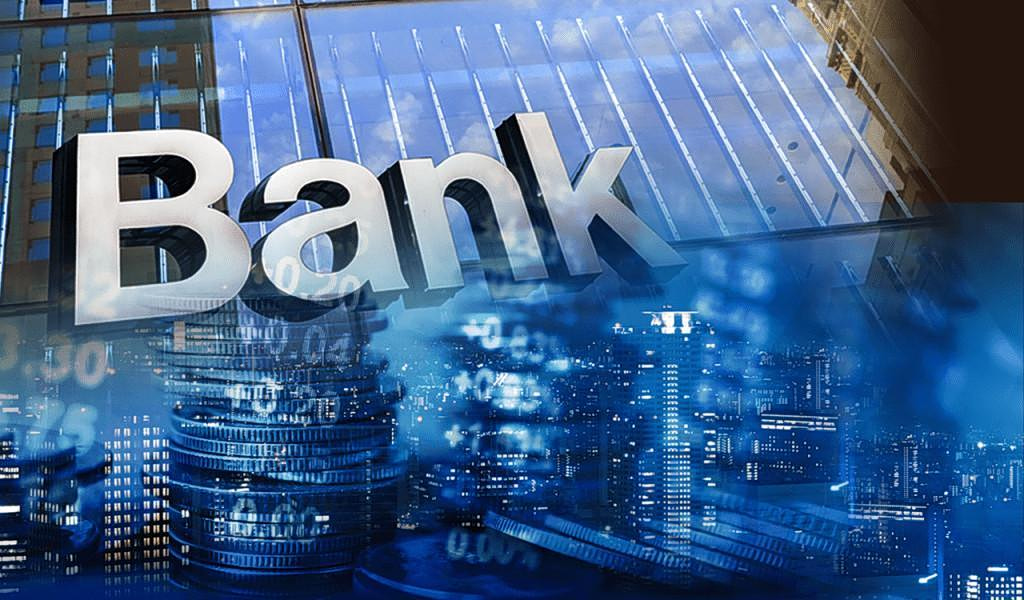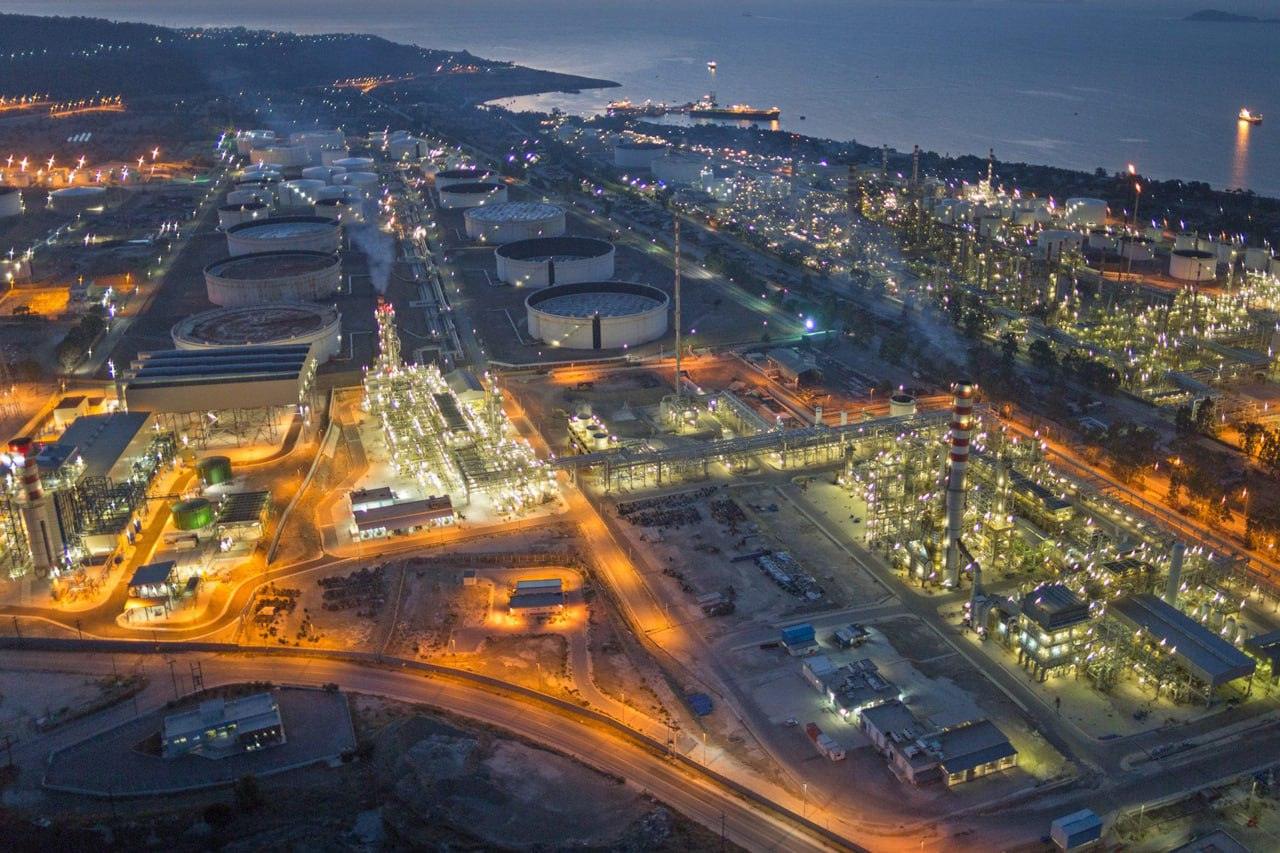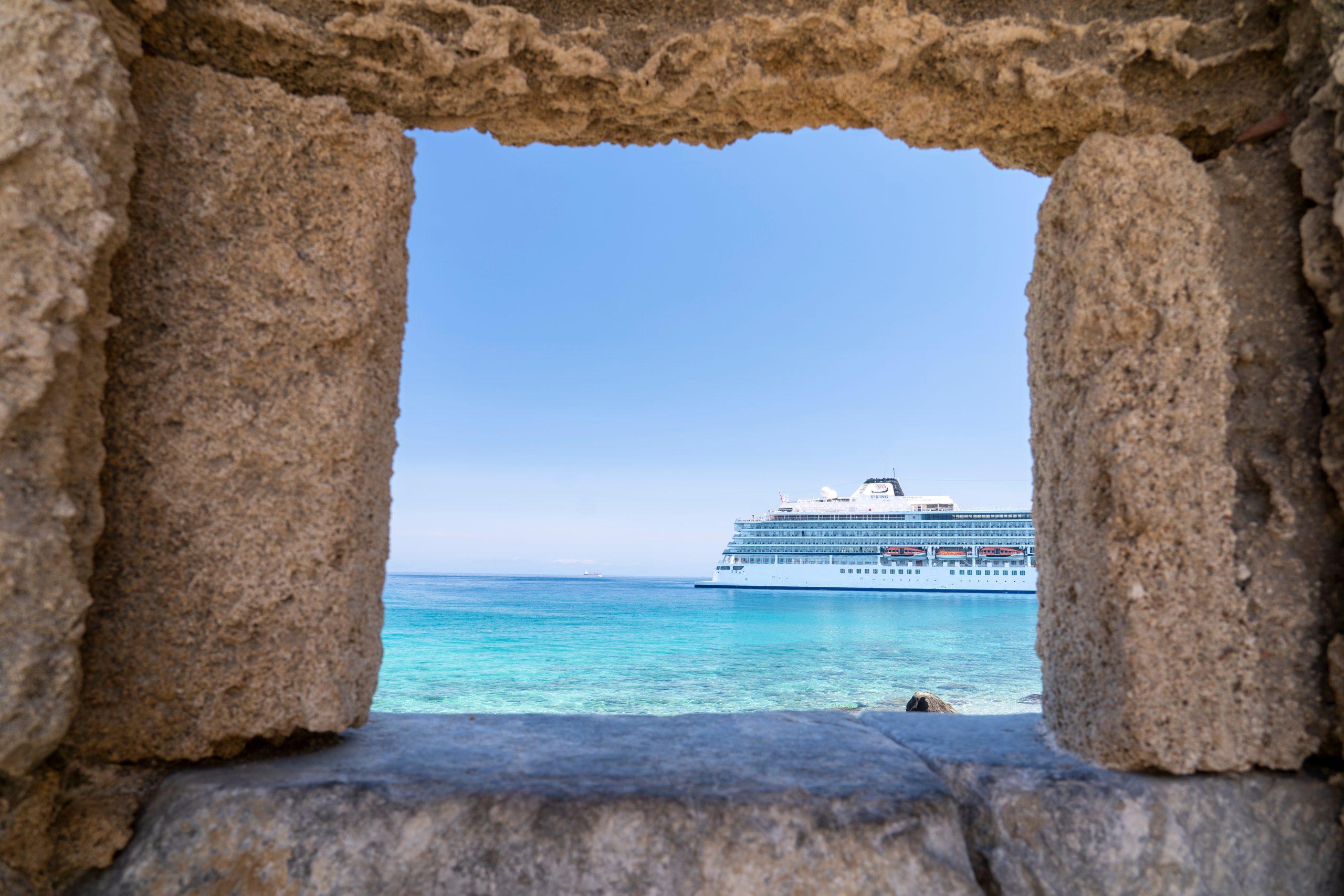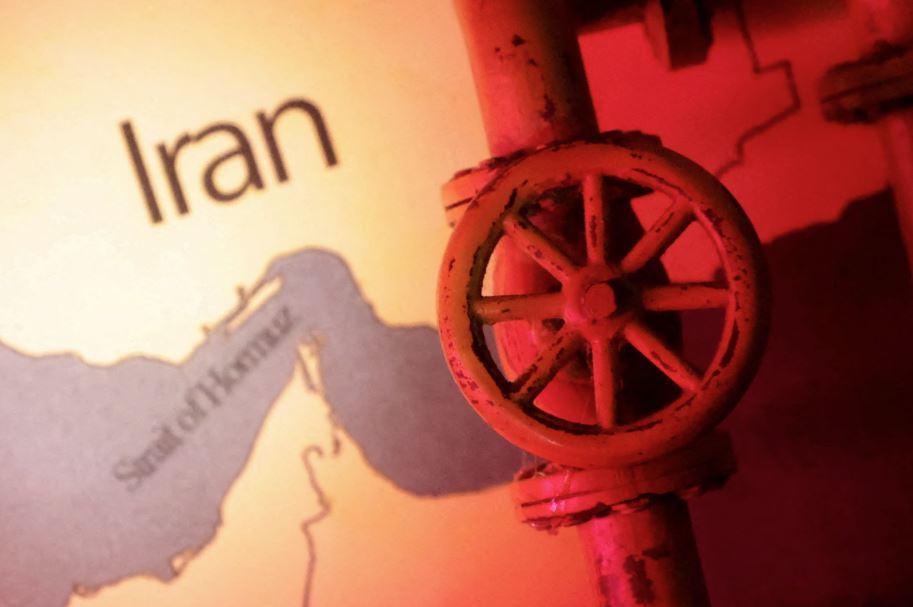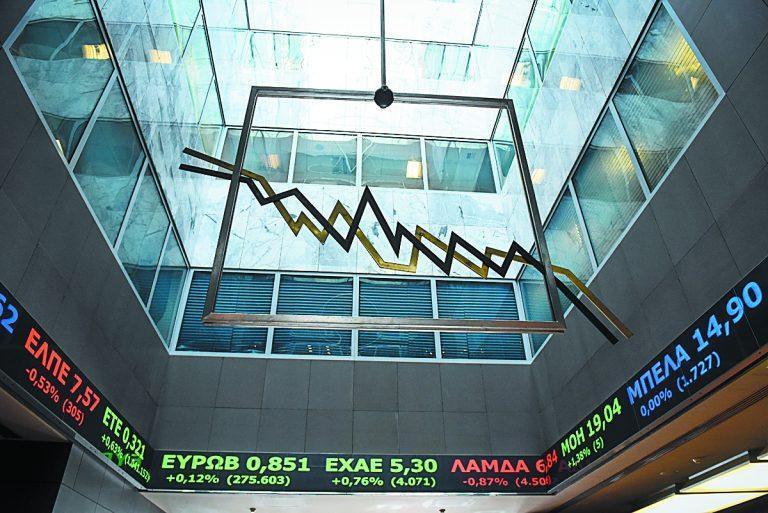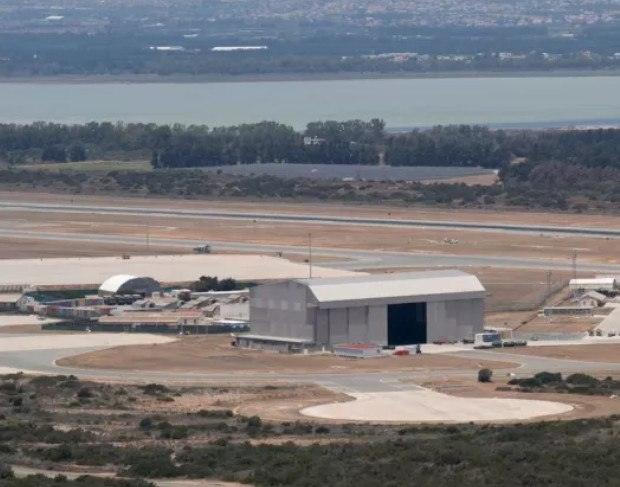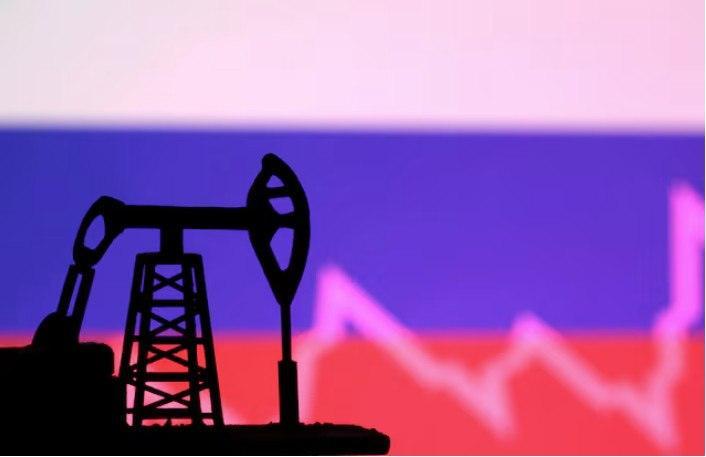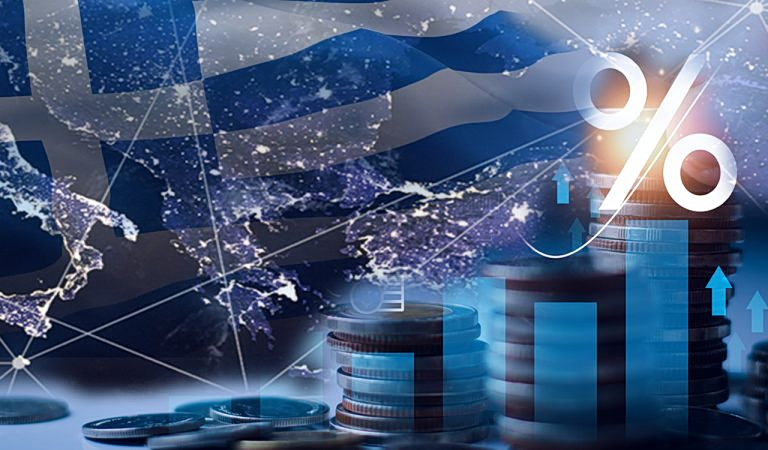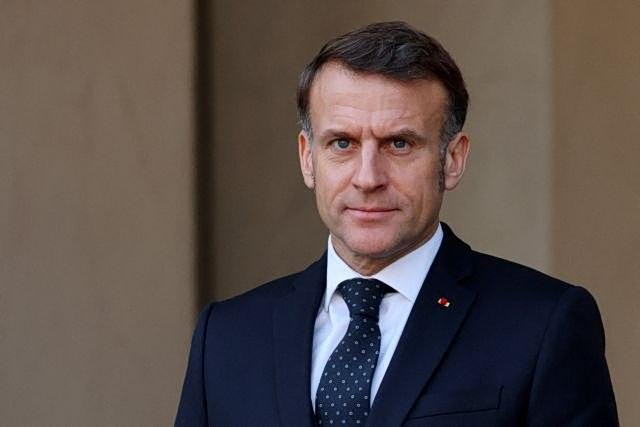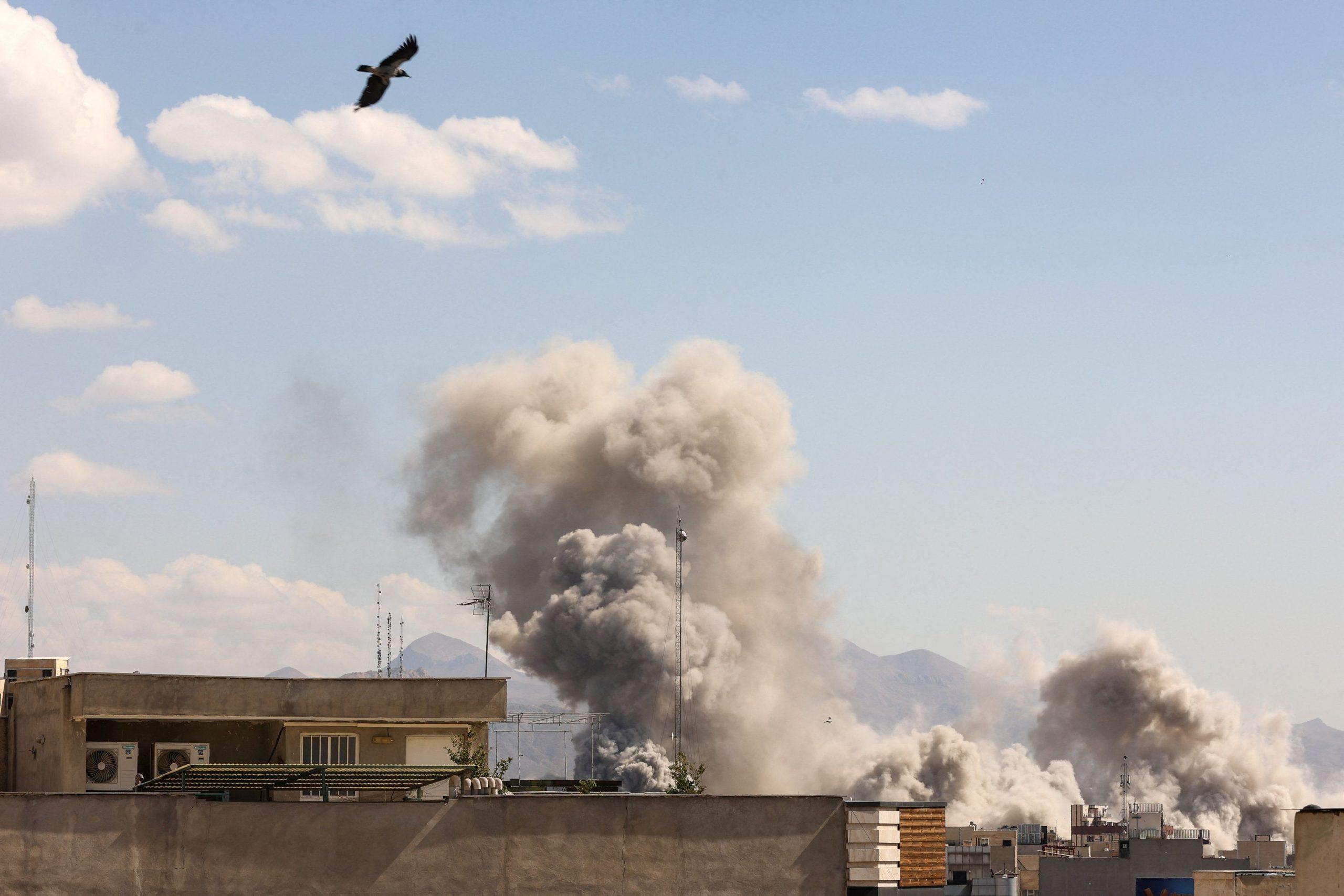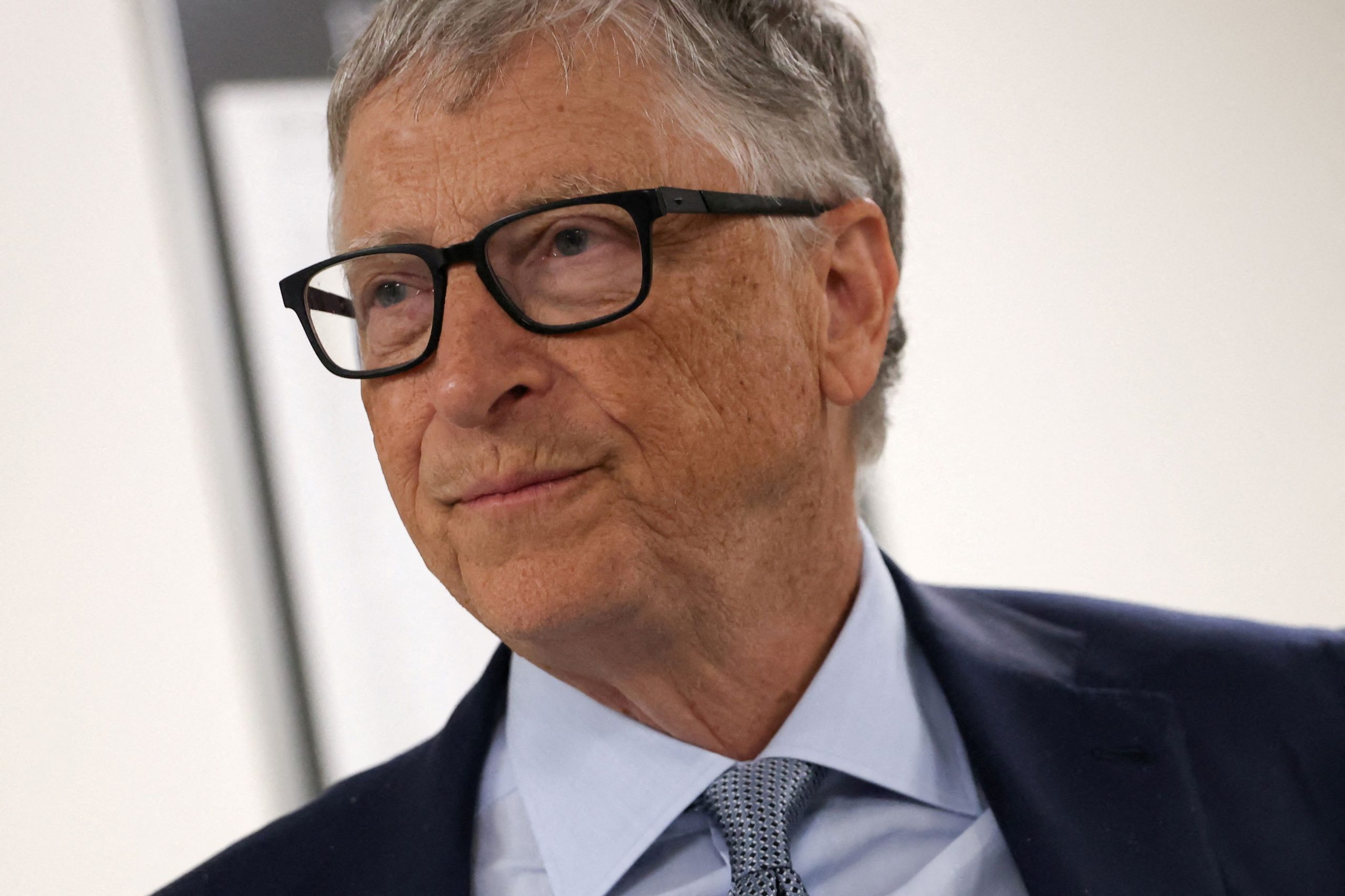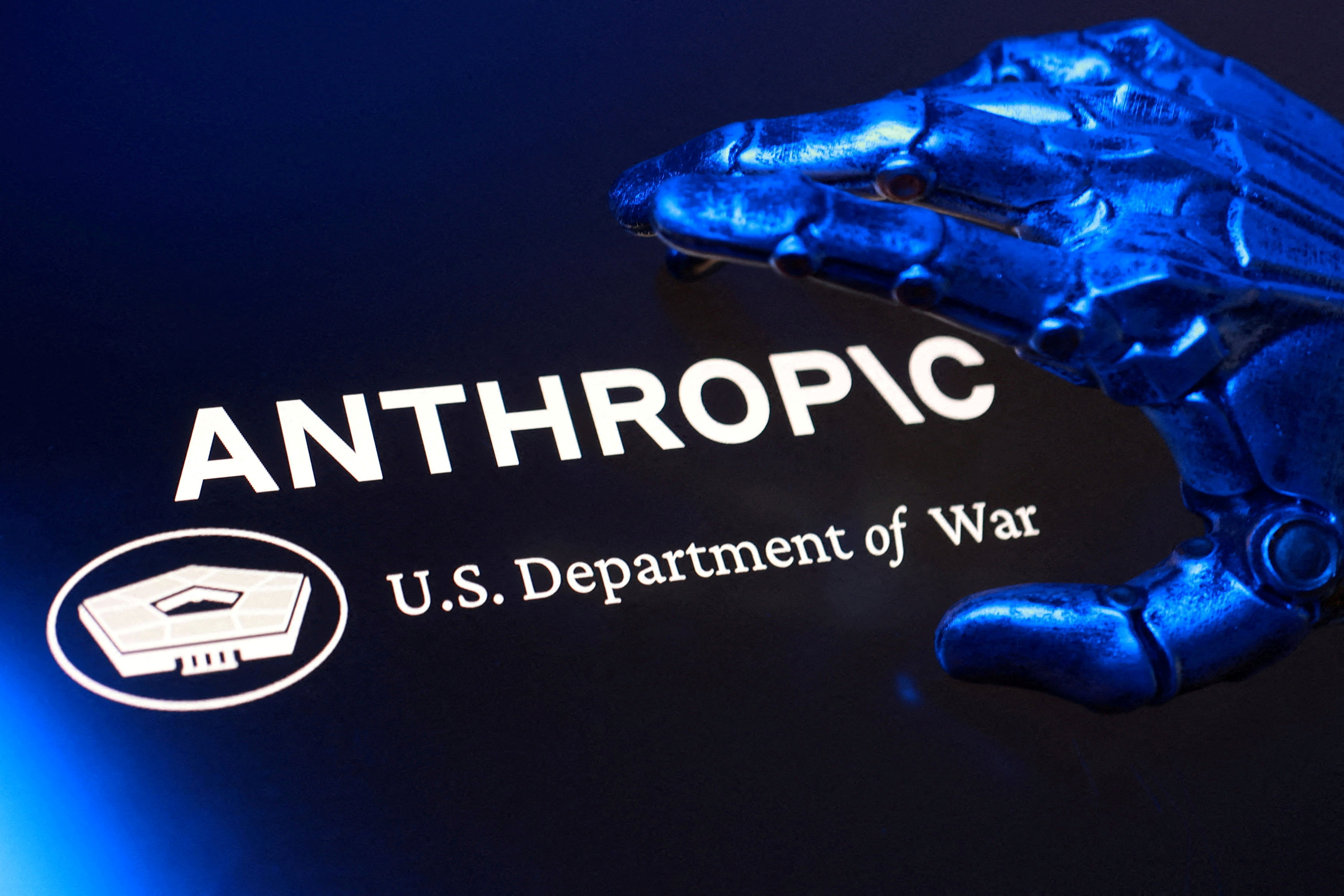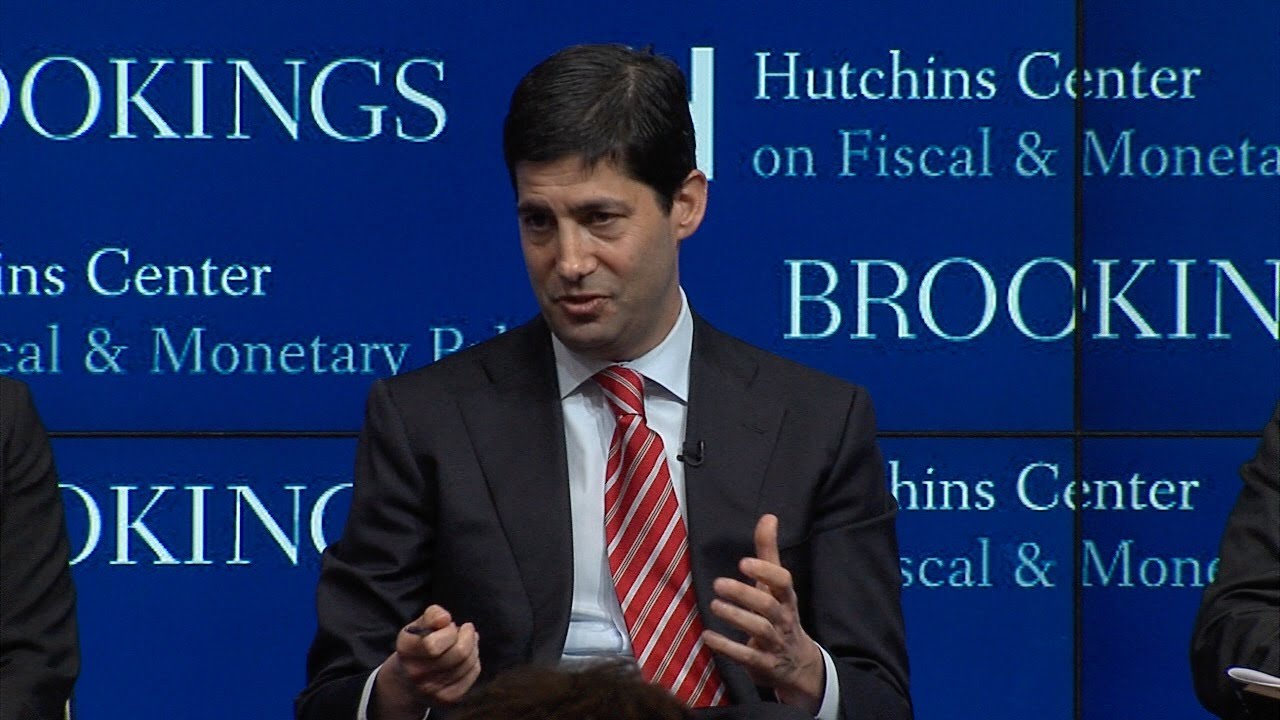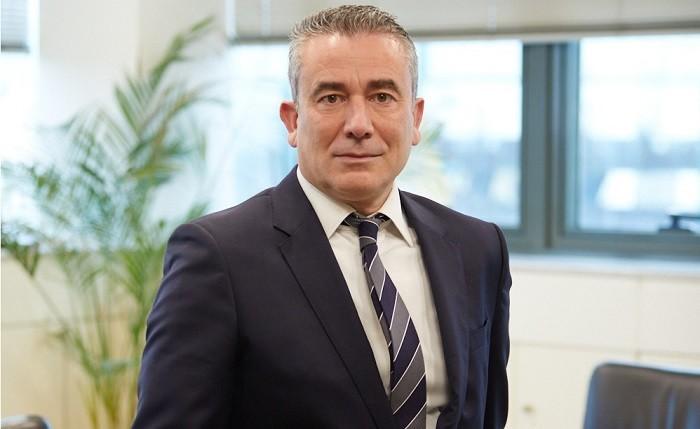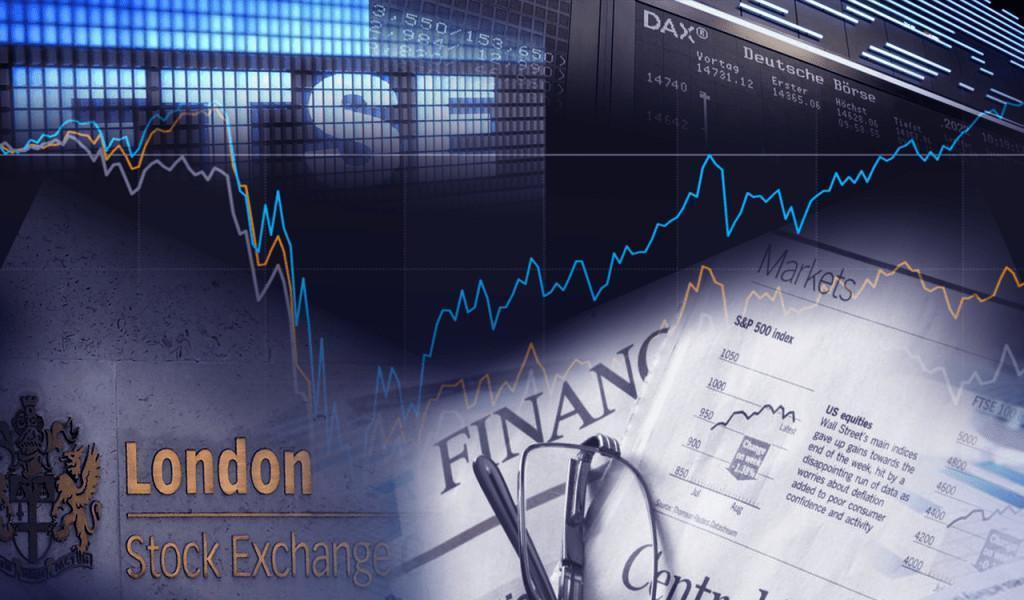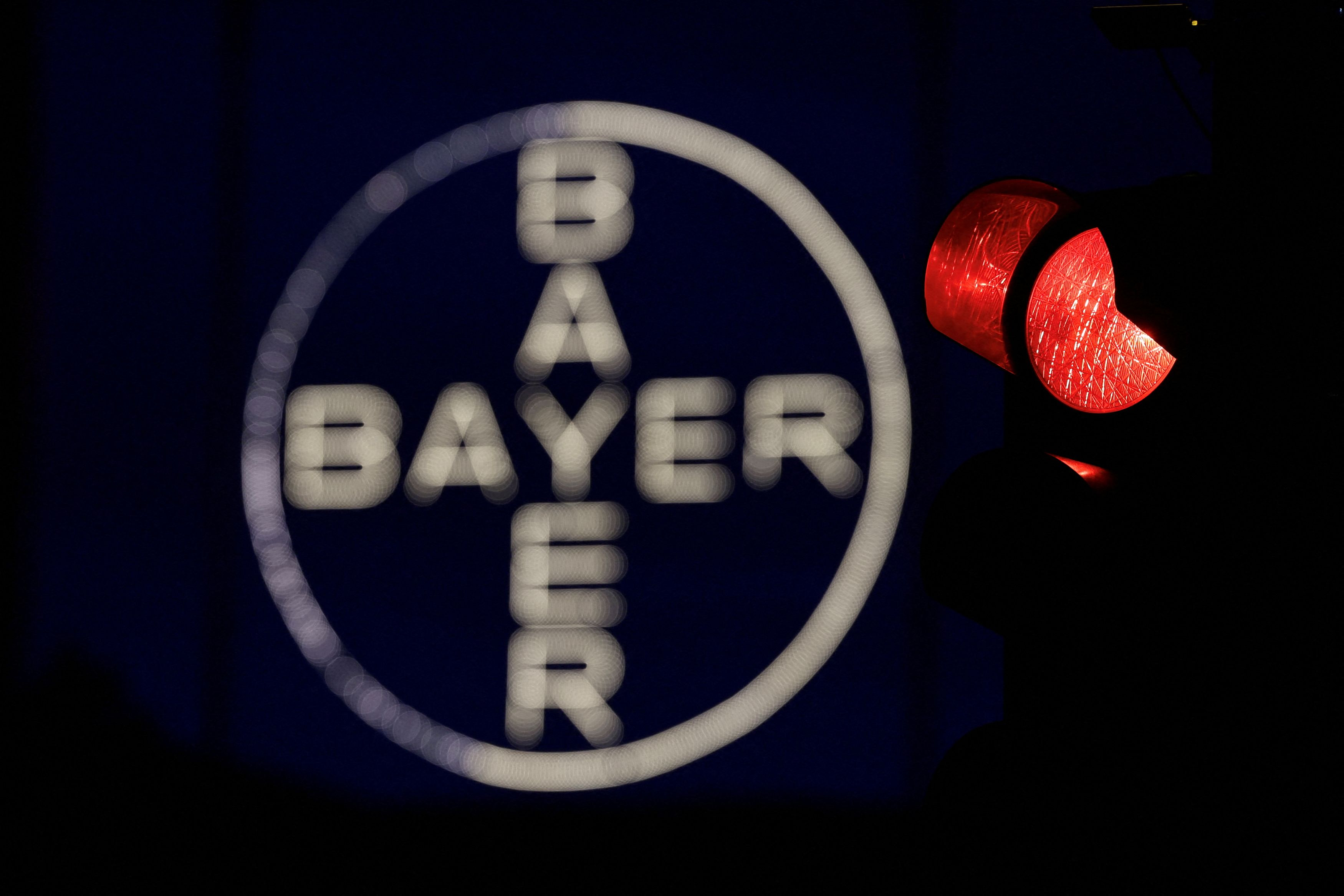With an appeal to stop the war in Ukraine “so that children stop being killed,” Evangelos Marinakis, founder and president of the shipping group Capital Maritime & Trading Corp and main shareholder of Alter Ego Media, sealed his intervention yesterday at the Economist.
At the same time, however, he made a clear and explicit reference to the real situation prevailing in Greece today.
During the discussion he had with former UK Prime Minister Boris Johnson and Economist journalist Alasdair Ross, in response to the latter’s comment that Greece seems to be going through a period of great stability, with the government possibly heading toward a third term, with growth rates enviable compared to many European countries, Evangelos Marinakis emphasized:
“You mentioned the [economic] indicators; the indicators are doing very well, as we compare them with the bottom, and of course whatever we compare with the bottom, the only way is up.”
In relation to the improvement of economic indicators, he stressed that at the same time “a family, the Greek who earns the average salary, from the 20th of the month suffers because the income is not enough to cover basic needs, as prices for basic goods have skyrocketed and the real income for an average family is shrinking. This shows that the government has not succeeded and has not protected the Greek people. According to Eurostat data, Greece together with Bulgaria are the last countries with the worst real income. This is a real problem that most Greeks face. The government must take serious and drastic measures to solve it.”
At the same time, he emphasized the importance of the problem of corruption, such as that of OPEKEPE, and a government that does not take responsibility to confront it, but instead orchestrates a cover-up, rather than “letting judges do their job.”
For this reason, Evangelos Marinakis noted that “we see at this moment polls for the government being very low. So I am not so optimistic about its third term unless we see some significant change.”
Answering a related question, Evangelos Marinakis stressed the ineffectiveness of the sanctions against Russia as they are implemented, without secondary sanctions for the countries that buy, process, and sell Russian oil, and also the need to end the war.
“So that children stop being killed,” as he characteristically said, a compromise is preferable.
“We are sailing in uncharted waters”
In his opening statement, Evangelos Marinakis, emphasized:
“We are living in a period marked by increased geopolitical complexity.
To use a maritime analogy, we are sailing in uncharted waters.
We are facing three major conflicts that still have the potential for further destabilization: the continuing war between Russia and Ukraine, the Israel – Palestine conflict and the closure of the Suez Canal by the Houthis, as well as the war with Iran. All affect global trade, energy flows, and shipping.
Directly, in the case of the war in Ukraine, because of the sanctions imposed upon Russia.
Indirectly, in the case of the war in Gaza, because of the repercussions in the broader Middle East region, and because of increased risk for shipping in the Red Sea by the Houthis. And there is always the risk of another confrontation with Iran, which runs the risk of severely disrupting oil flows, given the importance of the Strait of Hormuz.
To this, the new direction American policy has taken under Donald Trump has to be added.
Trump seems to be more assertive than in his previous tenure and more ready to take initiatives that change the ‘rules of the game’, especially with his extensive use of tariffs.
On the other hand, Trump seems to be more willing to end conflicts and avoid ‘forever wars’ and we need to see how his latest initiatives to discuss with Putin a possible peace agreement with Ukraine might develop.
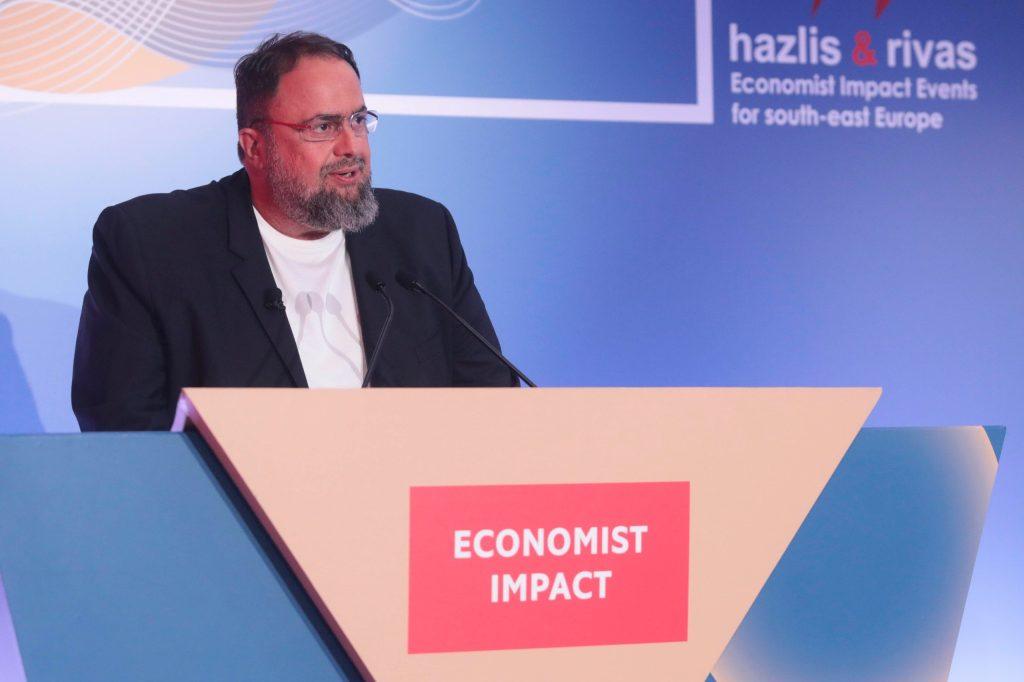
At the same time, we need to see how the relation – and negotiation – between the US and China goes:
Will it lead to some form of agreement that would help global trade, or lead again to some form of trade war?
Some aspects of American economic policy are contradictory: for years, they tried to cultivate good relations with India. Now they are imposing sanctions on India, and India is increasing its cooperation with Russia and China.
Moreover, of course, we need to see how other aspects of Trump’s policy might play out, such as his attempt to push the Federal Reserve to lower interest rates, which some see as a challenge to the necessary independence of the central bank, but at the same time any reduction will be beneficial for the economy and the stock exchanges.
All these have added uncertainty, but they can also be part of a negotiating tactic.
Perhaps in the end, what the current US administration wants is indeed a better deal. After all, President Trump is a tough businessman with proven track record.
Europe could have played a larger role in bringing stability and conflict resolution, but let us be honest, they have failed so far; instead, all of us in Europe have paid a greater price for the global geopolitical tensions of the past years. And unfortunately, we will continue to do so.
I think that some of these challenges apply to Britain as well, a country that can also play a significant role in initiatives for peace and stability.
Can we be optimistic? It is difficult to say. But definitely not if Europe continues on the same path of the last three years.
However, at some point, we need to understand that conflict resolution is better than conflict management, and this should be the goal.
Problems will persist as long as the underlying causes persist, but there are ways to avoid escalation.
Shipping is obviously heavily affected.
Global conflicts affect trade routes, and sanctions impose specific restrictions.
Supply chains can be affected both by geopolitical instability and the possibility of a trade war. All these come at a price.
In these challenging times, the role of large shipping companies, such as our Capital Group, which is a major oil and gas transporter, is even more strategically significant for the energy efficiency of countries in the West and worldwide.
Capital Group operates a total fleet of 154 modern ships with carrying capacity of approx. 12.5 million tonnes. This includes tankers, containers, 30 ultra modern LNG, LPG/Ammonia, Liquid CO2 carriers, offshore and dry bulk vessels with an enterprise value of $ 13 billion.
The fleet under management includes the vessels of Nasdaq-listed Capital Clean Energy Carriers Corp. (‘CCEC’).
The Ukraine war, the needs for US energy transportation, the changing geopolitical landscape – all make it necessary for governments and countries to have access to a commercial fleets in these turbulent times and large shipping companies will be able to meet these new needs.
Therefore taking into consideration the current geopolitical landscape shipping of energy plays a critical role worldwide. It makes the world go around.”
Source: tovima.com
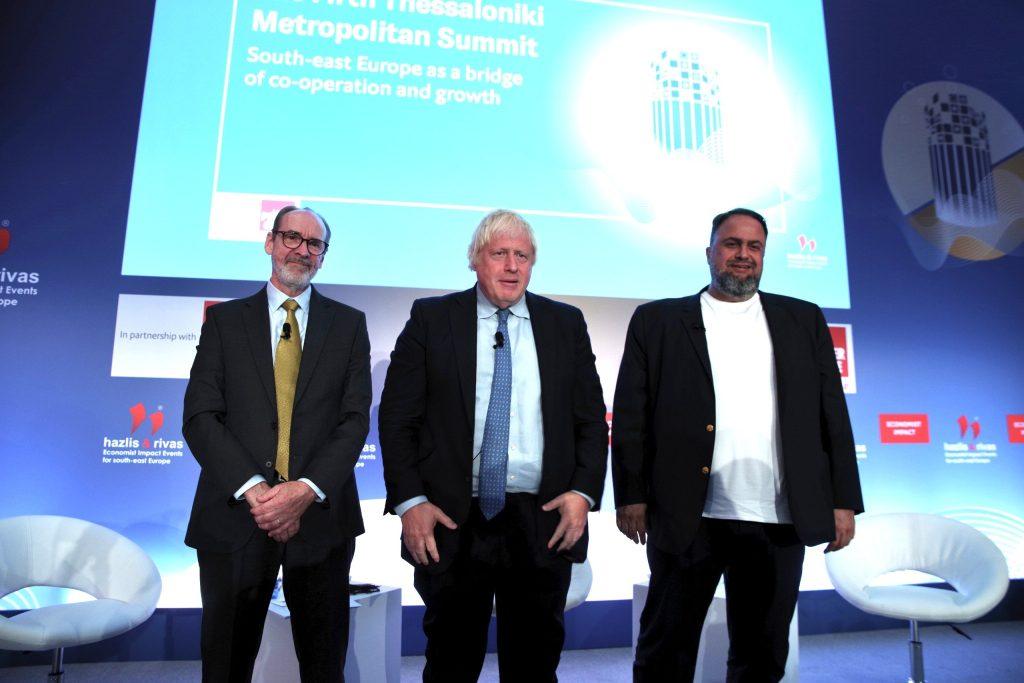
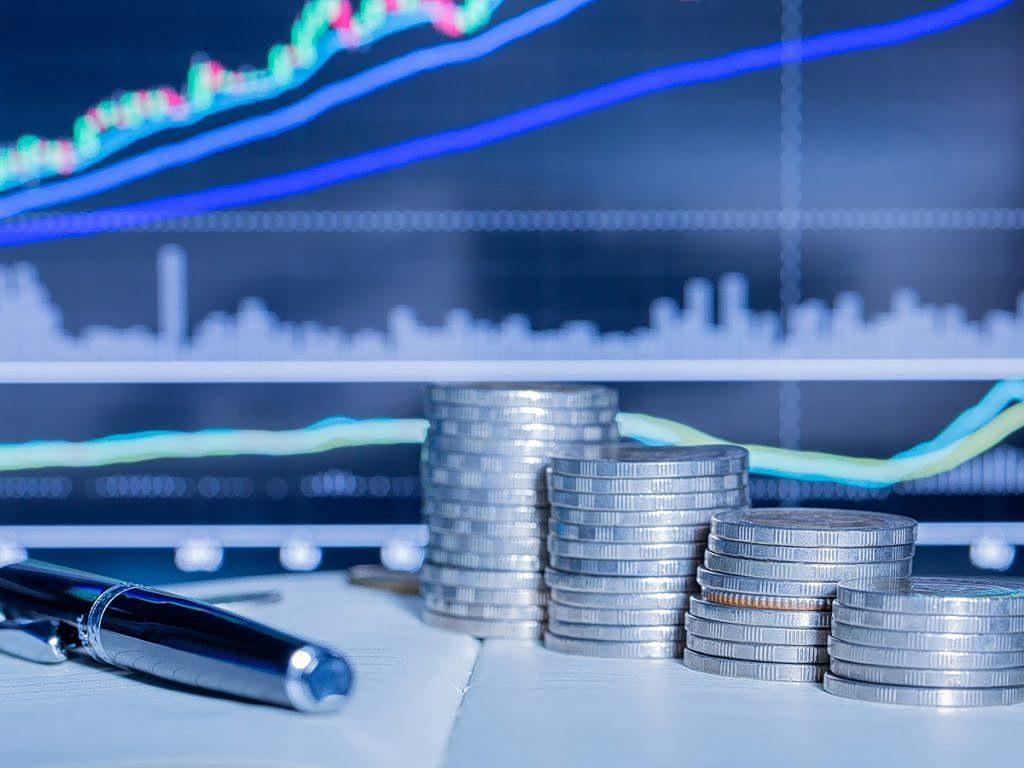
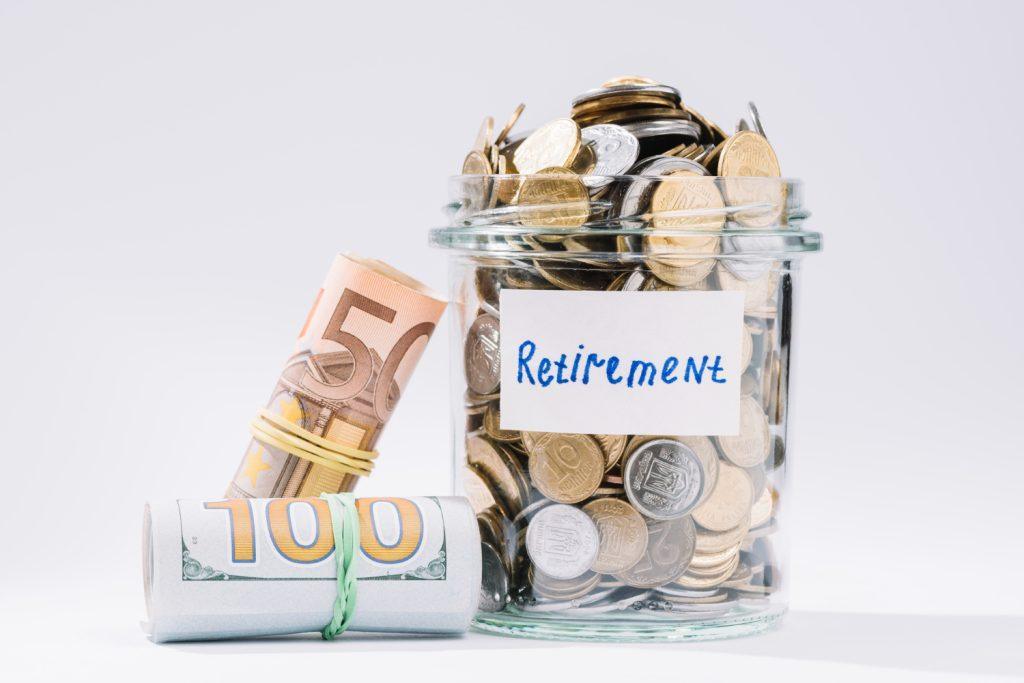

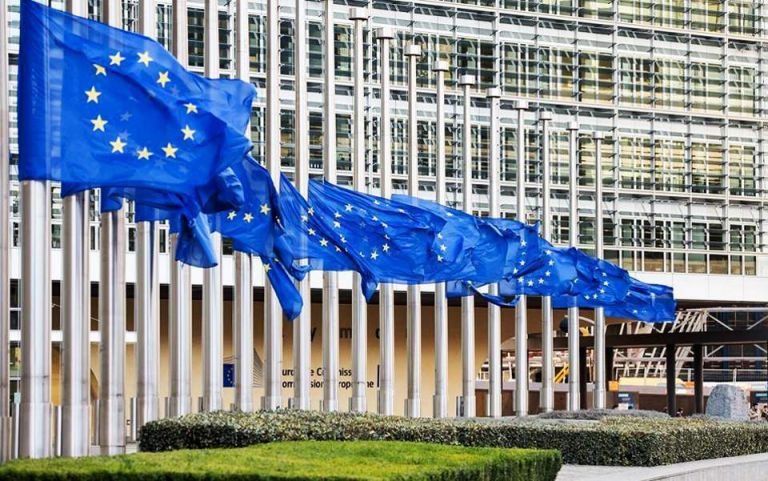

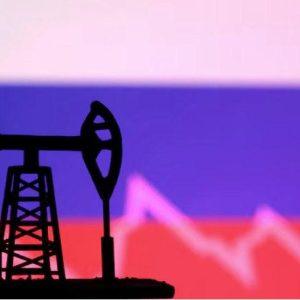
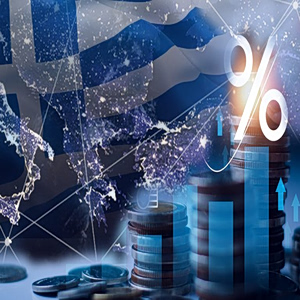
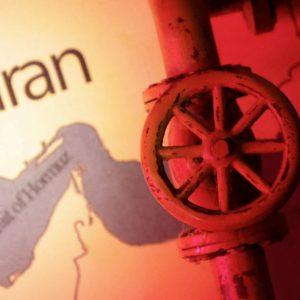
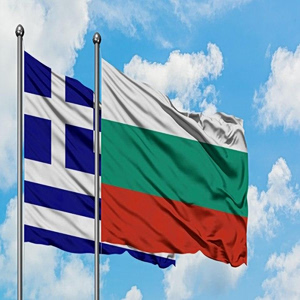
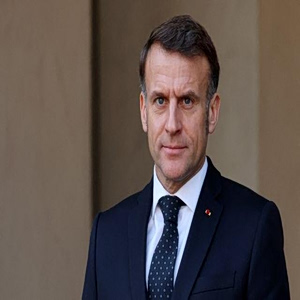
![Χρυσή λίρα: Μια ανάσα από τα 1.200 ευρώ η τιμής της [πίνακας]](https://www.ot.gr/wp-content/uploads/2026/03/ot_iran_war_lires_up.png)
